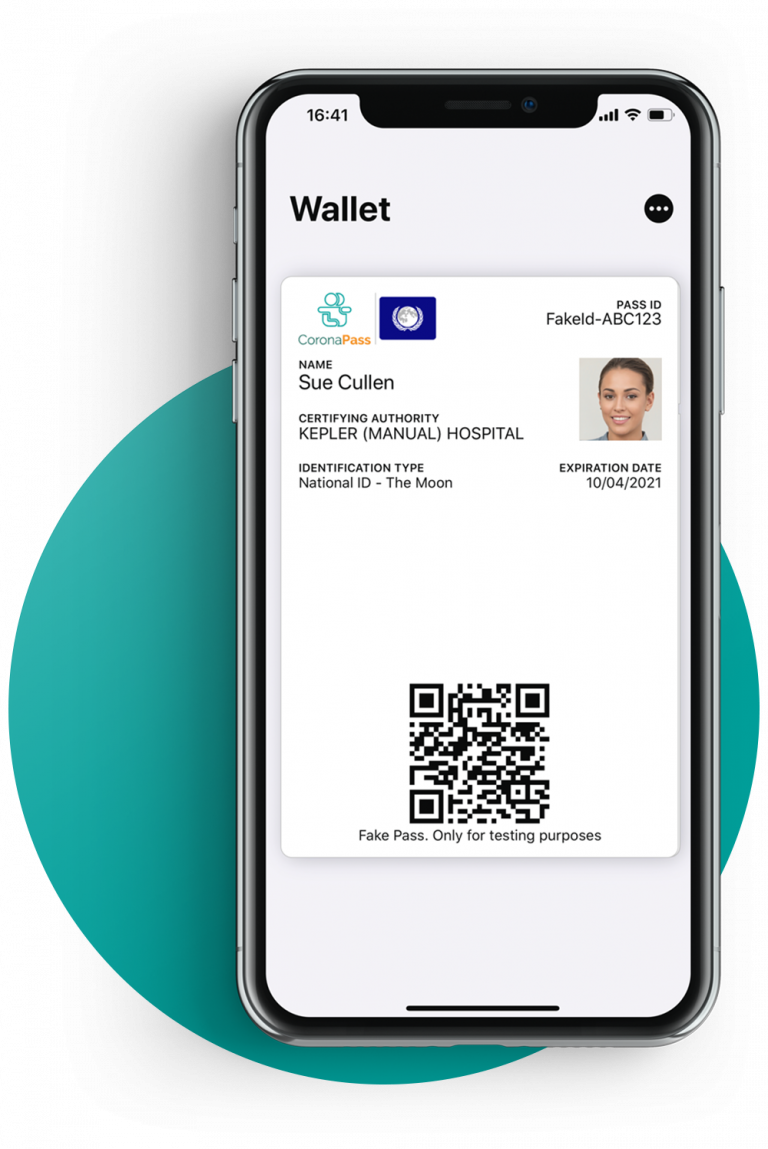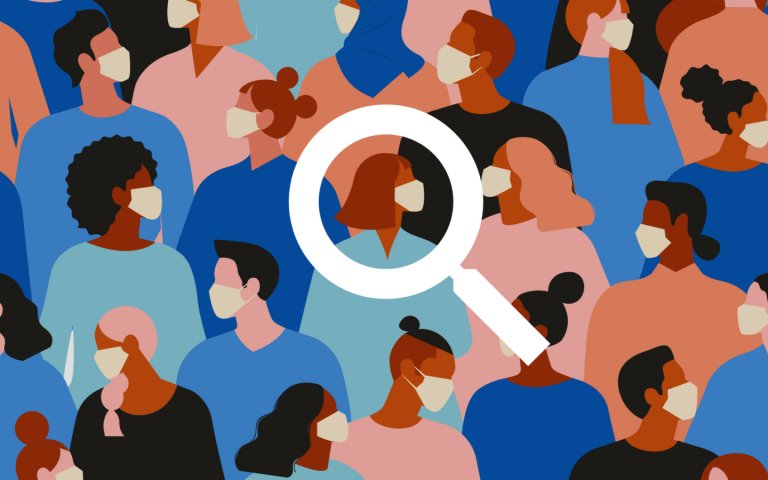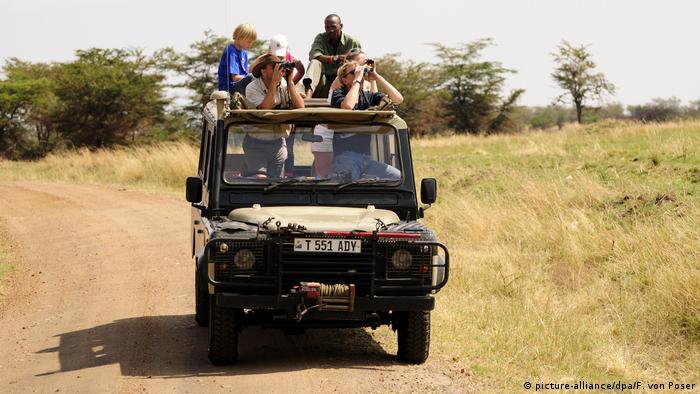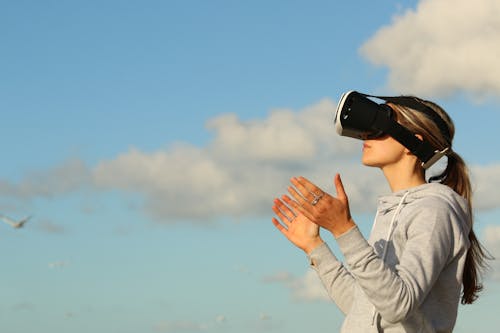Dubai will open borders to international travelers starting from July 7
Millions of travelers who frequently journey to the UAE’s flagship tourist destination, Dubai can now resume travels as Dubai opens its borders to international travelers starting from July 7, 2020.
The stated rules for international travelers require international health insurance that provides verified information on their Covid-19 status, and a proof that they’ve undergone a test at their airport.
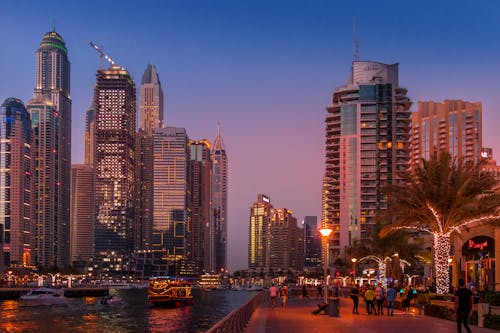
In a statement confirming the news, Dubai’s government media office said the announcement will allow thousands of people across the world to resume their regular travels to any part of Dubai. The Emirates welcomes the latest air travel regulations and protocols that facilitate international travel for residents, UAE citizens, and tourists alike who would like to come for business and tourism purposes from July 7, 2020.
Read More:
The travel industry: Rethinking the future of travel and tourism post-pandemic
There are measures in place to protect all visitors and other protocols to oblige to flatten the curve of the virus so as not to trigger new cases.
The Dubai government said it is confident that the current measures put in place across the city will serve effectively the purpose of protecting all residents as well as visitors.
Read More:
An Immunity Passport After COVID-19 And How Digital Health Can Support It
As one of the most reputable travel agencies recognized by Dubai, United Arab Emirates, Grandeur travels will handle all your travel processings with adequate knowledge of the new regulations and protocols without any hassles.
Grandeur travels have a record of more than 85% success rate with clients going to Dubai…….So, get in touch with us now on (+234) 803-348-7736, (+234) 909-700-0500, (+234) 909-700-0580!



